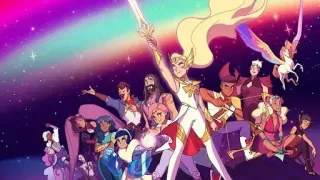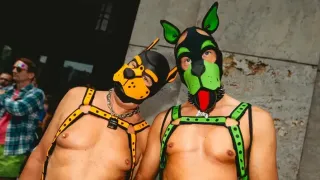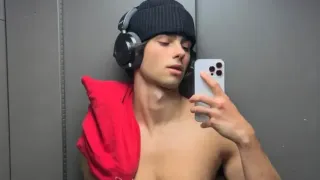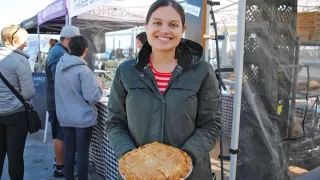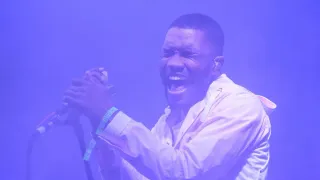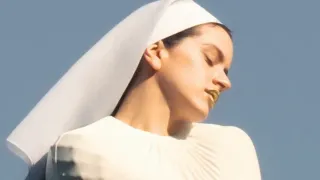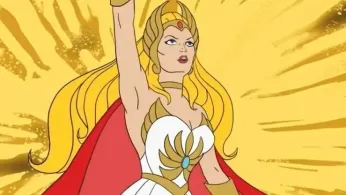
Nov 4
Out Loud: The Lesbian Voice Who Delivered the Morals at the End of Every 'She-Ra' Episode
READ TIME: 3 MIN.
It’s the late 1980s. You’re sprawled on a shag carpet, finishing your cereal as the neon-pastel world of "She-Ra: Princess of Power" fades to credits. But wait—the episode isn’t quite over. A calm, caring voice comes on, ready to drop a nugget of wisdom about friendship, honesty, or standing up for yourself. For millions of viewers, those closing moments were just part of the Saturday morning routine. What hardly anyone realized? That voice belonged to Erika Scheimer—a proudly gay woman whose queerness, warmth, and humor quietly seeped into the DNA of a generation-defining show .
Let’s get one thing straight (or, more accurately, not so straight): Erika Scheimer wasn’t just reading scripts; she was shaping the moral backbone of She-Ra. As the daughter of Filmation co-founder Lou Scheimer, Erika was a regular in the studio’s sound booths, voicing everything from heroic rebels to quirky sidekicks. But her most iconic contributions came at the end of each She-Ra episode, where she became the unseen narrator of the show’s after-school-special-style morals .
In a rare 2007 interview, Erika came out publicly and reflected on her role: “I was a strong female voice myself, and—guess what?—I happened to be gay. Does that make any difference about anything? I’ll tell you one thing, it didn’t matter, because Filmation was one of the gayest places in town” . It’s the kind of deadpan honesty that feels at once revolutionary and totally matter-of-fact.
Filmation Studios was, by all accounts, a queer-friendly oasis in an era when LGBTQ+ folks were more likely to be the punchline than the producers. Erika’s colleagues, many of whom were also LGBTQ+, found in the animation house a rare space where orientation was a non-issue—decades before most workplaces caught up .
The result? Shows that, if you squint, feel suspiciously queer-coded. She-Ra’s world of found family, campy villains, and strong women who regularly saved each other wasn’t just subtext; it was lived experience, refracted through the prism of a thousand Saturday mornings. Erika’s voice delivering “the lesson” was more than a plot device. It was queer mentorship, camouflaged as children’s television.
In a time when LGBTQ+ representation in media is both more prevalent and more hotly contested than ever, Erika Scheimer’s story is a reminder: We’ve always been here, even if you had to look behind the curtain—or under the credits—to see us.
She-Ra has had a renaissance thanks to the Netflix reboot, where queer themes are out and proud. But the original’s subtle messaging—and Erika’s guiding voice—were quietly radical for their day . For LGBTQ+ fans who grew up in the 1980s and ’90s, those closing moments weren’t just moralizing. They were a lifeline, a reminder that kindness and courage mattered, even if you didn’t see yourself on screen.
In 2025, as queer creators and fans reclaim the roots of our pop culture, Erika’s story feels timely and urgent. The fact that so many iconic moments of our collective childhood were shaped by queer hands—often without credit or recognition—makes the work of visibility and celebration all the more vital.
Today, Erika Scheimer is a living link between the secret queer heart of ’80s animation and the out-and-proud storytellers of today. She’s rarely given interviews, preferring to let her work (and her wry wit) speak for itself. But her story, and the stories of those like her, remain essential reminders of how LGBTQ+ voices have always shaped our cultural landscape—even when we didn’t know it .
So, next time you hear that gentle, guiding sign-off—“And remember, kids…”—know that it was, and is, profoundly queer. And that’s something worth celebrating, for the honor of every rainbow family.
